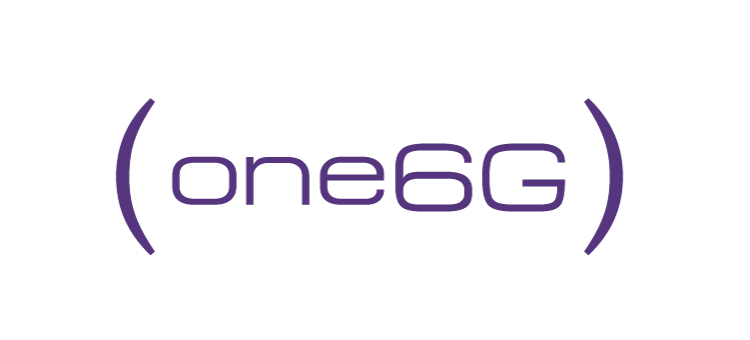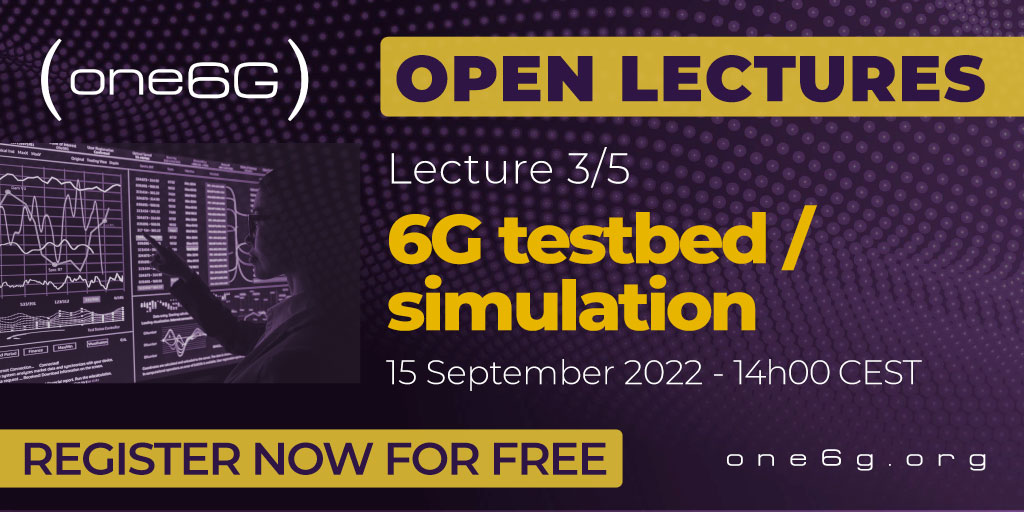Open Lecture 3 – 6G testbed/simulation

To share the progress and results of the work performed by the one6G Association with the extended one6G community, a series of open lectures has been launched. These interactive 2-hour online events are open to anyone interested in the world’s journey toward 6G.
Following the success of Open Lecture I and Open Lecture II, the Association is happy to confirm that the third Open Lecture in the series will take place on September 15, 2022, at 14h00 CEST, covering the subject of 6G testbed/simulation. The event will feature presentations delivered by four high-level speakers, followed by an interactive Q&A session. The lecture will be moderated by Monique Calisti, the CEO of Martel Innovate.
Attendance is free, but registration is mandatory. Please click the button below to fill in your registration form.
AGENDA
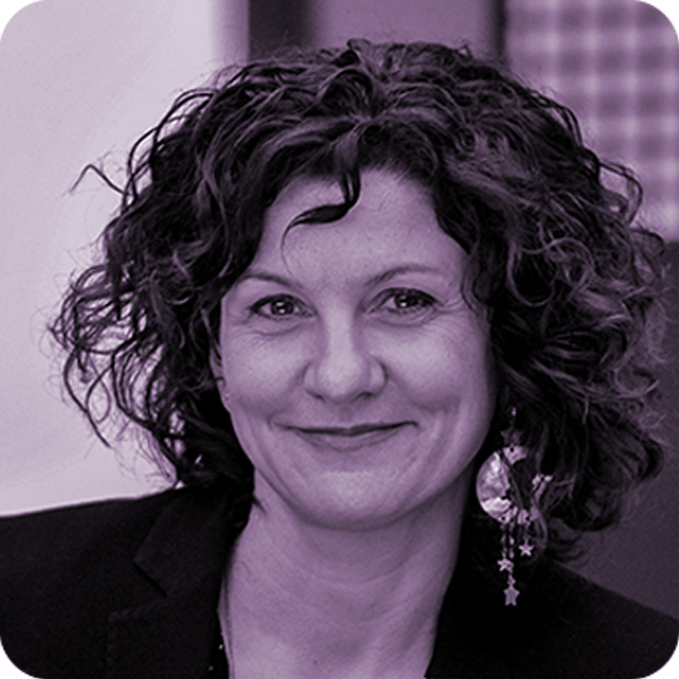
Monique Calisti
CEO Martel innovate

Ana Garcia Armada
Full Professor, Universidad Carlos III de Madrid
14:30 Practical Joint Communication and Sensing at Millimeter-Wave Frequencies
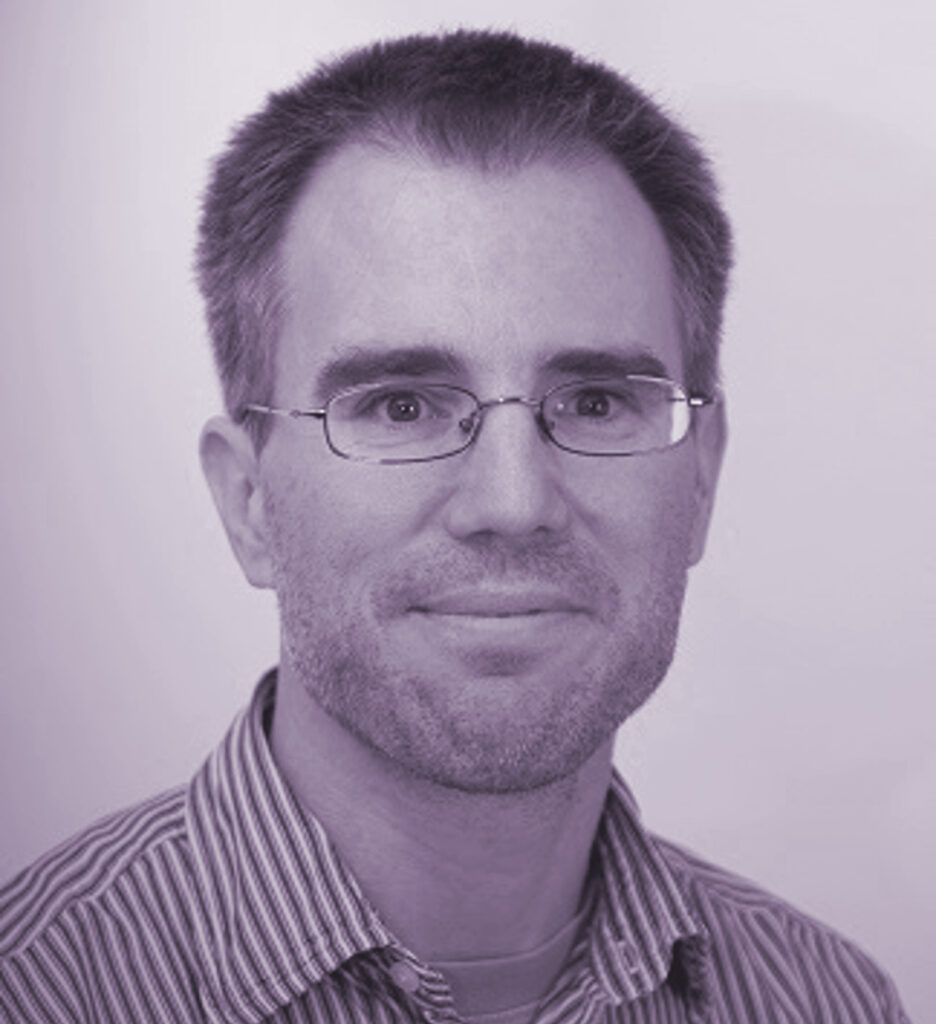
Joerg Widmer
Research Professor, IMDEA Networks
14:55 Paving the way towards 6G testbed
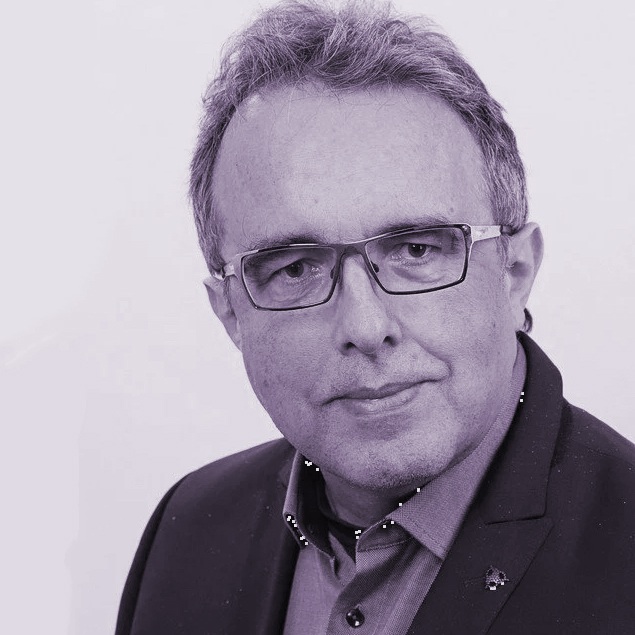
Joseph Eichinger
one6G WG4 Chair, Huawei Technologies Duesseldorf GmbH
15:20 Towards ns-3 6G-LENA: Evolving research and simulations through open-source collaborative developments
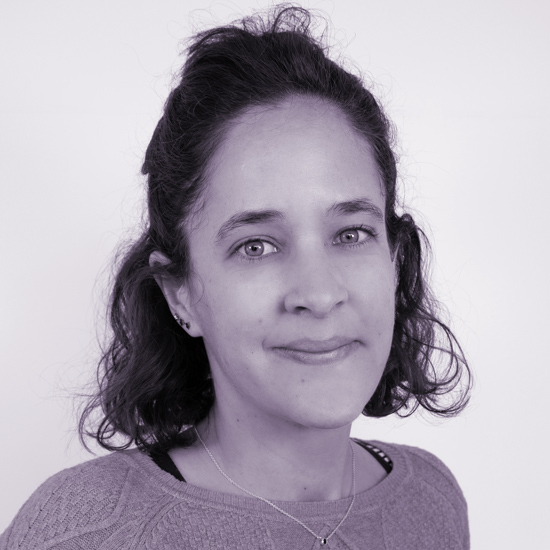
Sandra Lagén
Senior Researcher, CTTC
15:45 Q&A session and closing remarks
